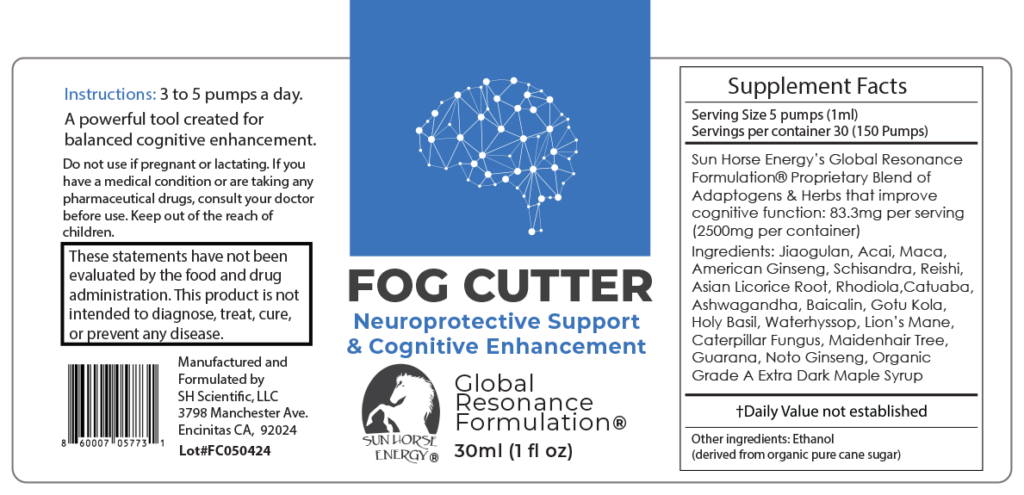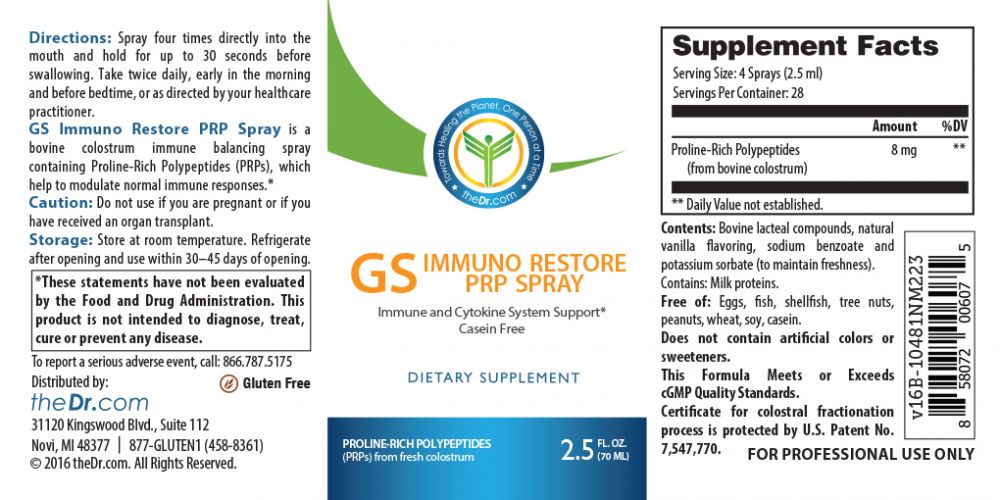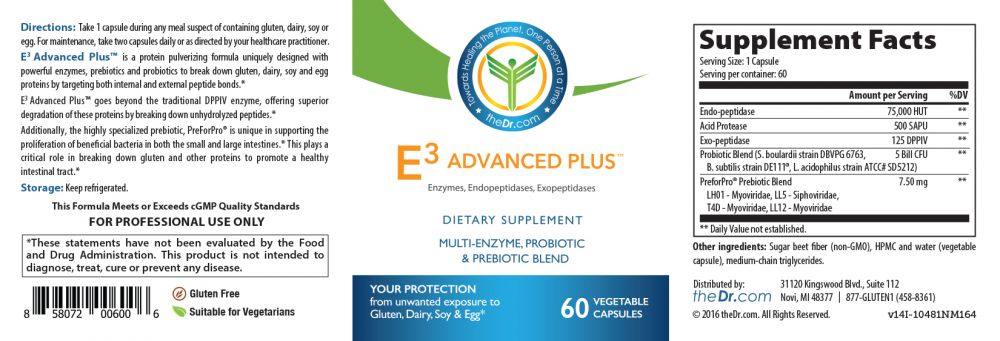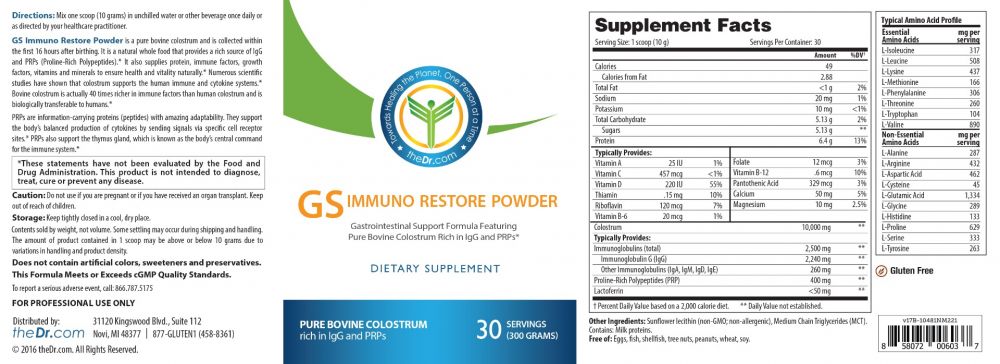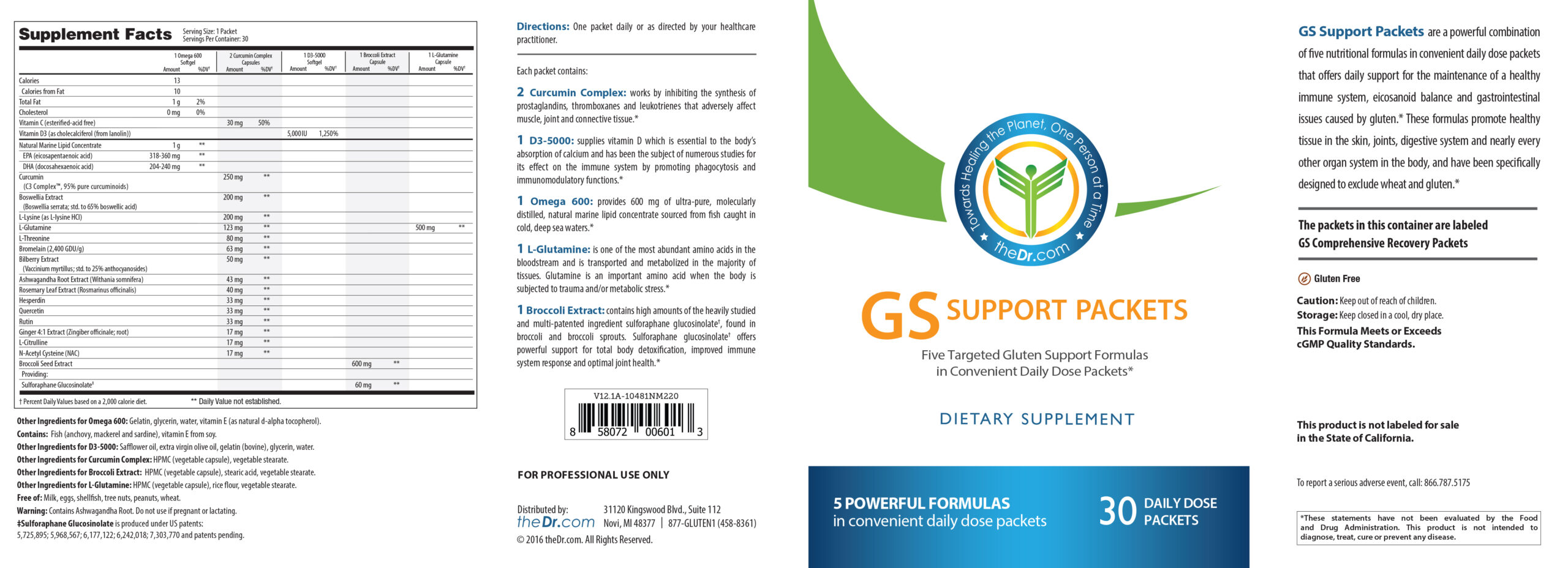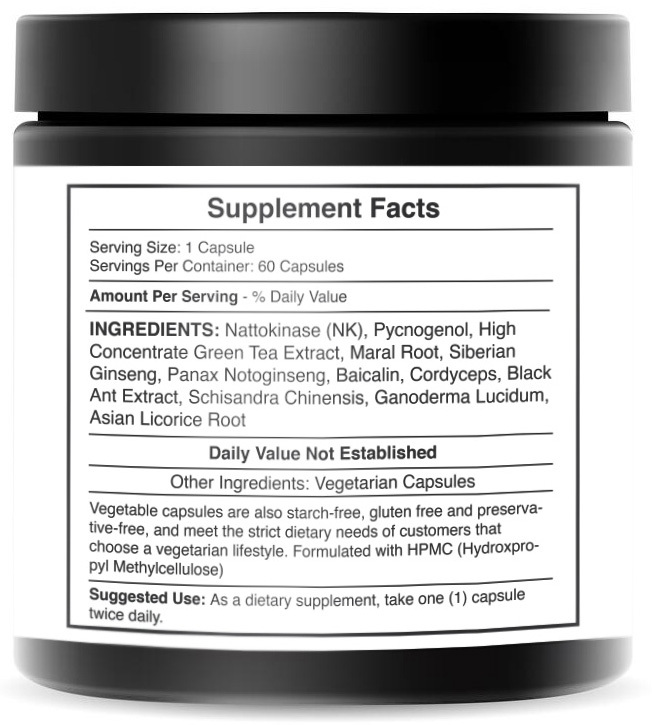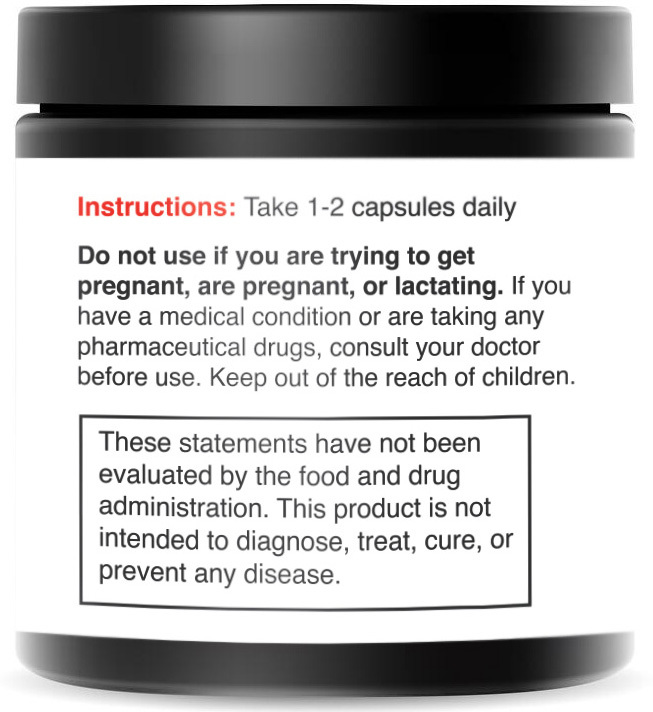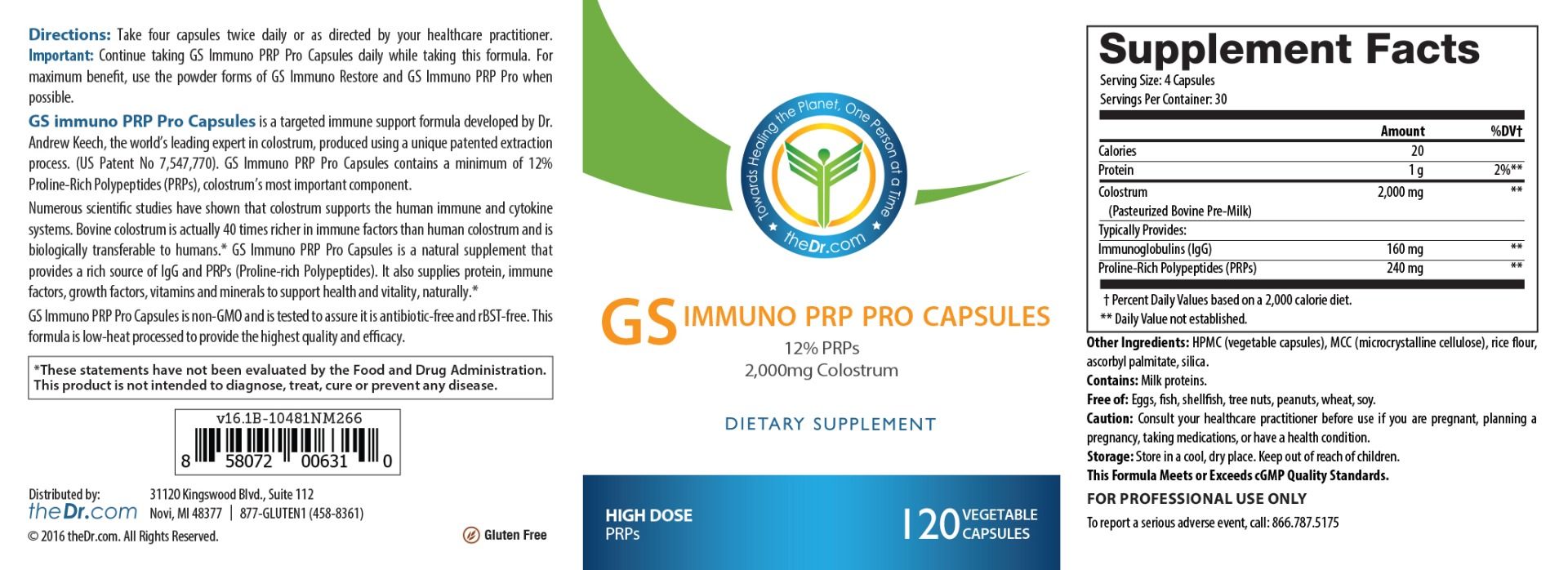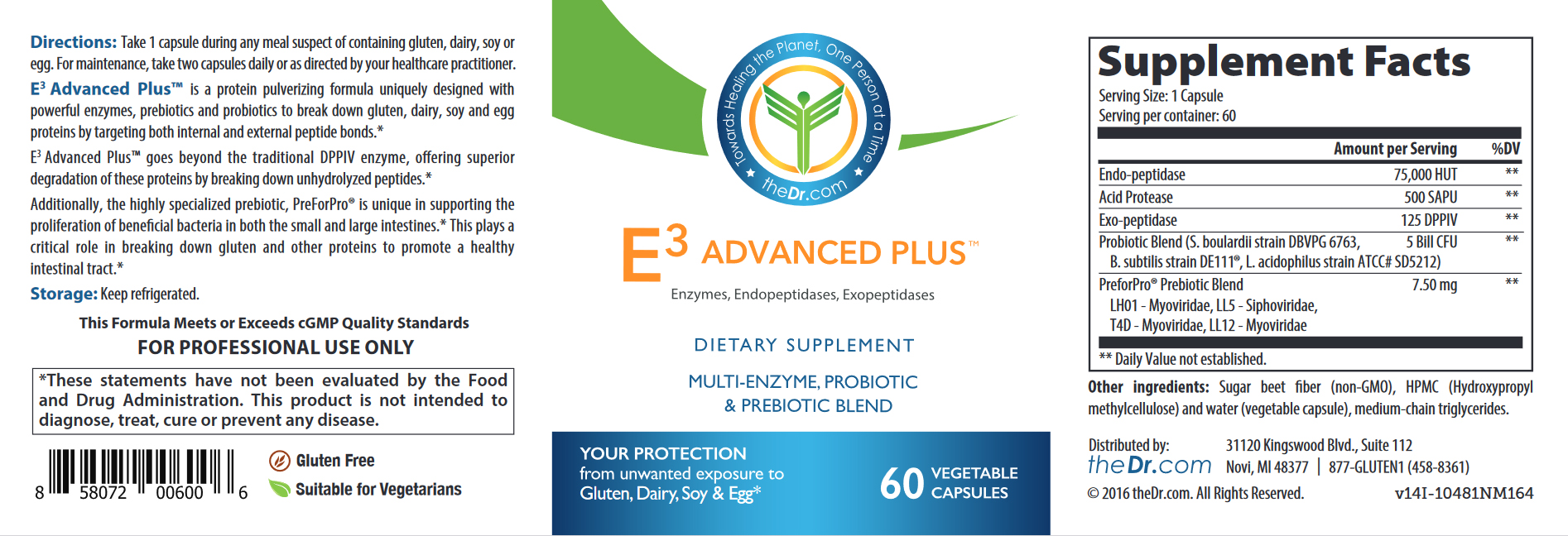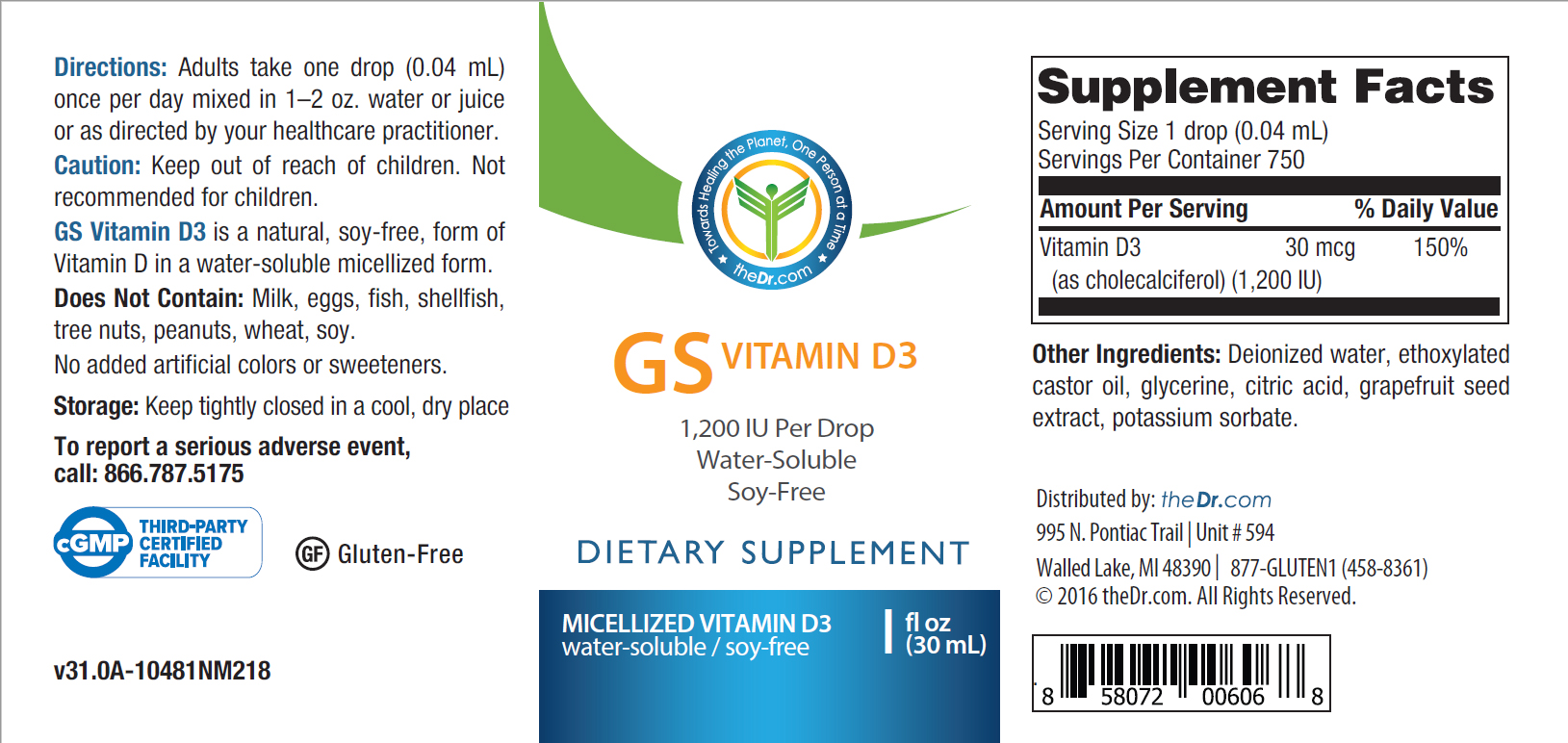Healing From Autoimmunity
Tired of seeing doctor after doctor, and still not feeling better?
Autoimmune diseases have reached pandemic levels in developed nations. 80 million people suffer from autoimmune disease in the U.S., and 150 million suffer worldwide. It’s the third leading cause of death — what do we know about it?
Autoimmunity has a mechanism. It is a somewhat predictable progression of events. With the high mortality rates and increasing number of people who are being diagnosed with one or more autoimmune diseases, combined with the preventative nature of autoimmunity, reducing its prevalence seems to come down to education and putting into practice what research reveals is the key to attaining and maintaining good health.
What is the Mechanism for Autoimmune Diseases?

Step 1: The Birth of Autoimmune Diseases
The birth of autoimmunity starts long before any condition or symptoms appear. It begins at conception. Do you have your mom’s eyes and smile but have more of your dad’s body type? We are not little clones of one of our parents. While your parents pass on traits, your DNA is unique to you. This DNA is your genetic coding that sets you up for life. It is always there, from cradle to grave.
The question is: Which genes are being expressed, and which genes are “turned off” for the moment?
While in the uterus, the fetus lives in amniotic fluid. This fluid helps protect the baby in a number of ways, including acting as a shock absorber, regulating the baby’s temperature, and passing along antibodies to help it fight infections. Yes, even in the womb, the baby is exposed to things it needs to fight off.
Upon birth, babies have leaky guts that need to close and heal to live outside of its protective amniotic sac. This is why the first few days after delivery, a lactating mother produces a thicker type of milk called colostrum, which turns on the gene to heal the gut.
The gut is not actually healed at that time; the colostrum just turns the gene on and lets the body heal.
Mom continues to pass along a little added immune protection, including white blood cells, antibodies, proteins, and minerals over the next week or so through the colostrum. Little by little, the colostrum is replaced with mother’s milk.
Step 2: Environmental Triggers of Autoimmune Diseases


Step 3: A Breakdown of Oral Tolerance Leads to Autoimmunity
At some point we cross the line. Let’s take wheat for example. Wheat is a minor toxin. It doesn’t incite a big response. Usually the immune system will say “Wheat? No problem. Let it go. Let it go,” until you cross the line. It’s called “loss of oral tolerance.”
When you have a loss of oral tolerance, oral meaning what you eat, you can’t tolerate it anymore. When you lose oral tolerance and your immune system starts making antibodies to wheat, it starts causing problems in your body systemically.
This can happen when you’re 2 years old, 22 years old, 72 years old, or 92 years old. Loss of oral tolerance can occur at any time. You start making antibodies and molecular mimicry and a slew of other problems. The question: “What causes the loss of oral tolerance?”
Where does loss of oral tolerance come from?
The simple answer is that the loss of oral tolerance is due to all of the toxic chemicals we’re exposed to in our life. Our immune system is fighting Bisphenol A (BPA) that’s in plastic. It’s fighting mercury in tuna fish. It’s fighting PCBs in apples. It’s fighting the pesticides that are sprayed on vegetables. The immune system is fighting all of this stuff all day, every day. It becomes so trigger happy fighting all this stuff that it becomes more sensitive to minor irritants like wheat.
A loss of oral tolerance is the “straw that broke the camel’s back” moment. Once it happens, you make antibodies to the wheat. You have Memory B cells, and you’re toast.
When you have a loss of oral tolerance, your body can no longer distinguish the good from the bad, your tissues from foreign invaders. It is when your body begins to betray itself.
Step 4: A Change in Gut Microbiota Sets You Up for Autoimmunity
Over 70% of your immune system resides in your gut. The microbes in your body outnumber cells by 10 to 1! Diversity in your intestinal tract can help lower the occurrence of autoimmune diseases, allergies and skin conditions. Exposing yourself to a rich collection of microbes through diet and getting your hands dirty, as well as limiting exposure to antimicrobial products, pesticides and chlorinated water can fortify your microbiome and calm your immune system.
When the balance of good and bad bacteria gets thrown off from things like antibiotics or poor diet, dysbiosis occurs. The goal is to always have more of the good guys, so you always want the big army around you to protect you. When you lose some of the good guys, some of the bad guys rear up their ugly heads and start causing problems like leaky gut.


Step 5: Pathogenic Intestinal Permeability: The Gateway to Autoimmune Diseases
At this point, you are fanning the flames of inflammation that already exist. Intestinal permeability (better known as leaky gut) is when your intestines allow objects that have not been broken down to enter the bloodstream (before they are able to be of benefit).
Pathogenic intestinal permeability occurs when this happens over and over again to the point that your gut does not reseal itself naturally. This leaky gut allows large macromolecules to exit and trigger an immune response.
At this point, you may see an increase in the number of foods you become sensitive to because your body is attacking a large number of foods exiting your gut before they should.
Step 6: Immune Reactivity
The stage is all set for autoimmunity. You have your weak links in your genetics. Triggers are firing. Your immune system is weakening, and while it is in this fragile state, you launch foreign objects throughout the body via the bloodstream.
Your immune system has two basic strategies for defense: the innate immune system and the adaptive immune system.
Your innate immune system produces cytokines. These are your first responders in a crisis situation. They identify threats and attempt to destroy them. Cytokines get triggered by foreign invaders like infections, viruses, bacteria, or parasites.
If the threat is overwhelming or ongoing, your innate immune system calls for backup. It brings in the heavy artillery, which is your adaptive immune system, which launches antibodies to attack.

Both of these responses are a fight for survival. The production of antibodies activates a molecular mimicry response and other pathways. The autoimmune mechanism is activated, and you begin to not only make antibodies to destroy an object like food, but your own tissues.

Step 7: Welcome to Autoimmunity
Congratulations — You are now on the autoimmune spectrum. So let’s look at what autoimmune diseases look like.
You pulled and pulled at the chain until you found your FIRST weak link. Let’s bypass all the doctors and tests (and time) that it has taken and go straight to the facts — You have a diagnosis. If that diagnosis is a condition stemming from autoimmunity, a typical doctor will go into symptom management for that specific diagnosis. This is where traditional medicine fails us.
Your diagnosis is a symptom, not the actual problem. If you don’t figure out what the source of the problem is, odds are it’s still happening.
Take Ben’s story for example. Ben is a fictional character, but his story will be familiar to many people with celiac disease, one of many overlooked autoimmune diseases. Unbeknownst to Ben, he has a gluten intolerance.
As a small child, Ben had recurring ear infections. He was treated with antibiotics multiple times that affected his microbiome, thereby putting him at risk for autoimmunity.
A year later, Ben gets sick and seems to be having difficulty breathing. His doctor diagnoses him with asthma. He is given a prescription to help ease respiratory distress while having an asthma attack, and another to help preventatively. Ben can breathe again.
A couple of months later, Ben falls into a deep depression. A psychiatrist prescribes antidepressants to Ben. They seem to help, but he’ll need to remain on them daily for life. Ben seems happier on the meds than off, so he remains on the prescription.
Suddenly, Ben begins to experience an excessive thirst, and he is urinating often throughout the day. He seems to be losing weight, so he returns to his family physician. Ben is diagnosed with Type 1 Diabetes. His pancreas is shutting down, and for the remainder of his life Ben will need to take insulin.
Yet still, Ben remains undiagnosed as celiac, so he continues to fuel inflammation within his body by eating foods containing gluten. No one ever diagnosed the real problem — just a series of symptoms that were initiated by an unaddressed gluten intolerance problem. Meanwhile, the autoimmune diseases just keep coming.
Why Functional Medicine is Superior in Tackling Autoimmune Diseases
A study compared functional medicine with traditional family practices. When dealing with chronic conditions, functional medicine patients reported higher quality of life standards and showed greater improvement than those being treated by family physicians rooted in western medicine.
This is why. The functional medicine model drills down to eliminate the original source of the problem, whereas the traditional method often treats the symptoms without addressing the initial cause. The medical model is broken. The end result: autoimmunity is the third leading cause of death with roughly 80 million people suffering from autoimmune diseases in the U.S., and 150 million suffering worldwide.
The functional medicine model looks at the mechanism autoimmunity follows and traces the path back to find those environmental triggers. It says if a leaky gut precedes autoimmunity, fix the gut. If dysbiosis is occuring, strengthen the immune system by feeding it probiotics and/or fermented foods. To support your immune system, change your diet, your environment, and your lifestyle to support good health. And to turn the genes off, eliminate the triggers that are keeping them turned on.
It’s a practical approach that works when dealing with chronic health conditions. Sometimes you can prevent future autoimmune diseases. Sometimes, you may be reversing or arresting the progression of a current condition. Once you understand how autoimmunity works, you begin to look at healthcare in a whole new light.
Functional medicine looks holistically at the whole person as a unique individual. Each person will have their own set of autoimmune diseases and other health concerns that they need to work with. Triggers will be specific to you. But we have tools to properly assess your situation and an experienced Clinical Services team to guide you to better health should you ever find yourself in need or suspect you may be at risk of autoimmunity.
Educational Center
Common and Often Overlooked Causes

